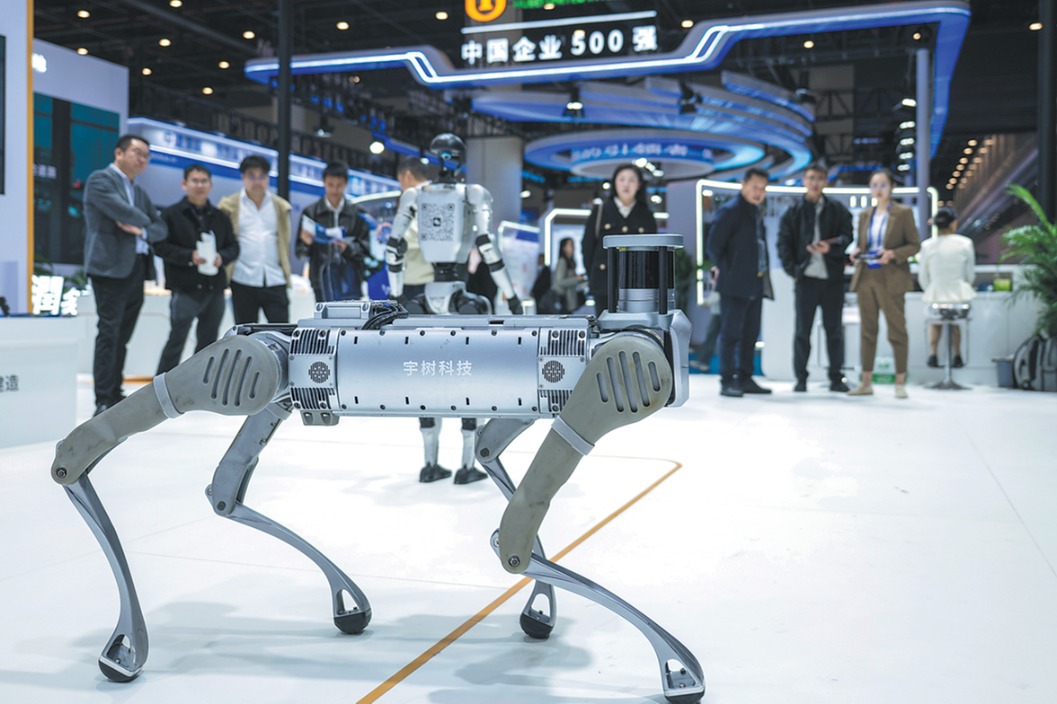Deeper integration key to sustainable growth


Editor's note: The communique released after the fourth plenary session of the 20th Central Committee of the Communist Party of China points out that the country should build a robust domestic market and work faster to foster a new pattern of development. National Business Daily spoke to Hong Tao, vice-chairman of the China Consumer Economics Society, on the growth of domestic consumption and the development of a unified national market. Below are excerpts from the interview. The views don't necessarily represent those of China Daily.
The communique highlights that we should work toward improving living standards while increasing consumer spending and coordinate investments in physical assets and human capital. This reflects the principle of putting people first and centering development on their wellbeing. It underscores that people's livelihood is an integral part of the economic development process.
Stimulating urban and rural household consumption as well as public consumption requires investments by the government and the private sector. The communique emphasizes that the close integration of investment in material assets and in human capital aims to increase the supply to meet the higher demand.
During the 15th Five-Year Plan (2026-30) period, the "three driving forces" of economic growth, which are consumption, investment and exports, will play a crucial role. The key is to better connect these three drivers so that they can promote and reinforce each other. Compared with the past, greater emphasis will be placed on optimizing the investment structure, especially investment in people.
The idea that new demand drives new supply reflects the essence of China's pursuit of high-quality development. In the past, the country was production-oriented, with enterprises producing what they could and consumers purchasing what was available. In the future, China should place greater emphasis on consumer demand as the driving force. Identifying areas of potential consumption and profitable investment will help avoid ineffective investment and wasteful production, making supply more targeted and efficient.
Over the next five years, China will focus more on building a high-standard socialist market economy system. The essence of high-quality economic development lies in improving this high-standard system. Fragmentation and regional barriers must be avoided while building such a system.
For instance, if rural commercial and trade circulation systems remain disconnected and operate independently, it would result in bottlenecks and blockages hindering the development of a unified national market.
Promoting positive interaction between consumption and investment, and between supply and demand, means enabling consumption to drive investment and investment to boost consumption. This is reflected in expanding effective demand and increasing effective supply, which integrates consumption, investment, supply and demand into a virtuous cycle.
The key to achieving this goal lies in addressing the issue of who has the initiative. Consumers should not passively buy whatever is produced; rather, production and consumption should stimulate and reinforce each other. That is why many regions and industries emphasize the need to extend industry chains, connect supply chains, upgrade value chains, integrate profit chains and explore innovation chains, ultimately forming an ecosystem of mutual interdependence. Such positive interaction helps avoid isolation and fragmentation, promotes the free flow of market factors and aligns perfectly with the goal of high-quality development.


































